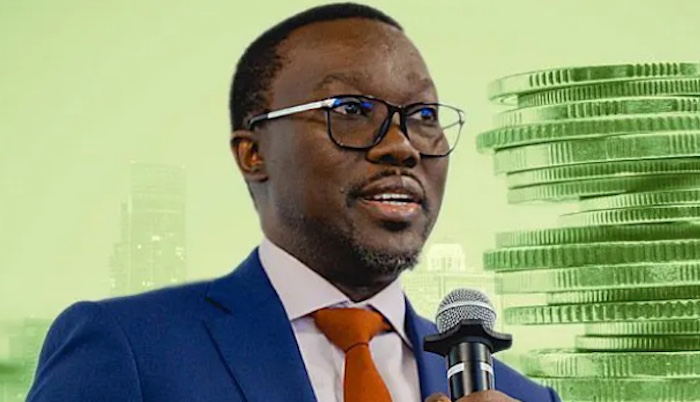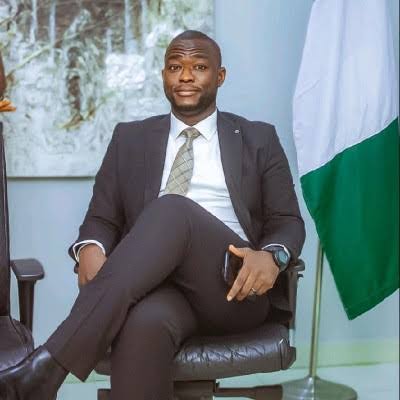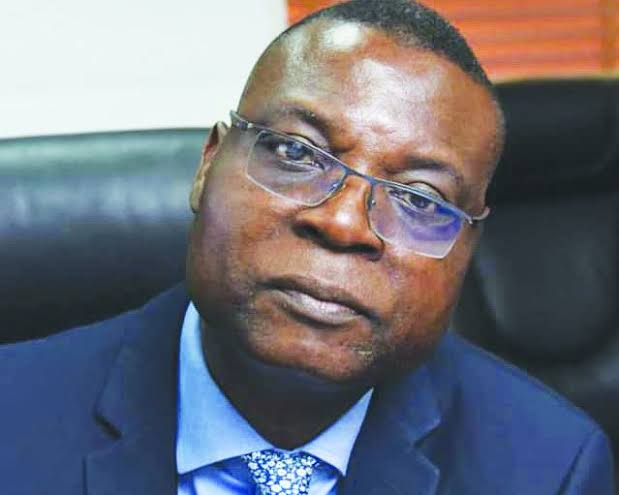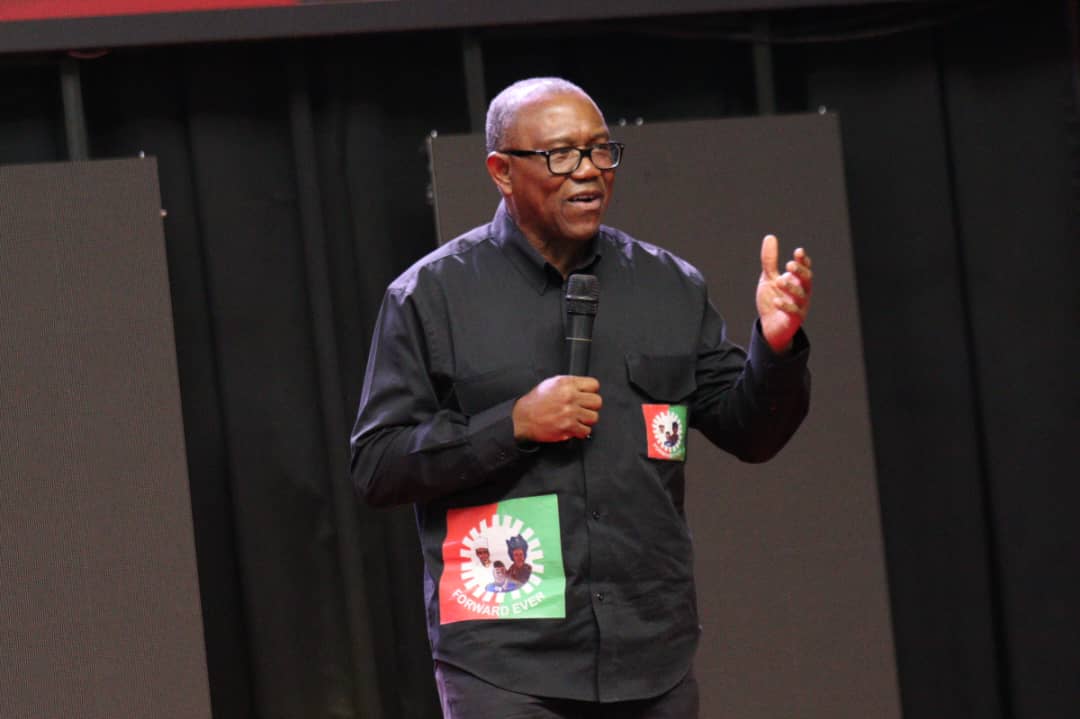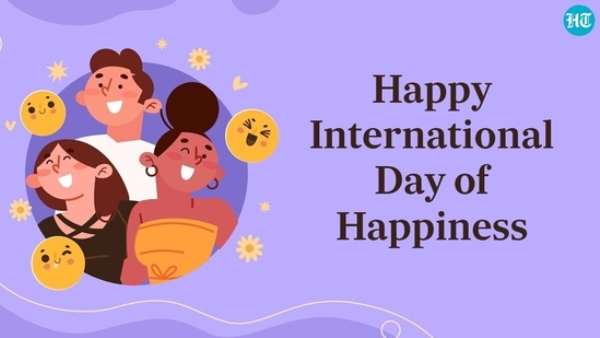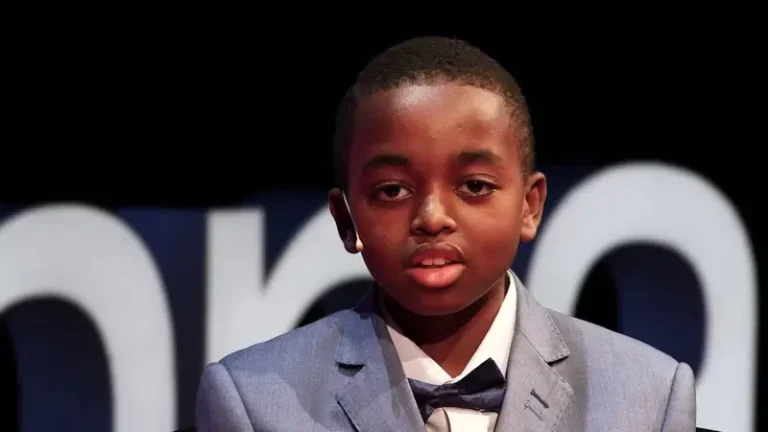Democracy is often cast as the antithesis of authoritarian rule — a beacon of liberty standing firm against the shadows of oppression. Yet, history tells a more intricate tale. Authoritarian regimes rarely storm the gates; instead, they slip quietly through the corridors of power, emerging not as abrupt usurpers but as offspring of the very systems meant to guard against them. In our modern age, the fall of democracy is seldom marked by a single, violent coup. It is a slow, insidious unravelling — the steady decay of institutions, the quiet bending of norms. It is the gradual surrender of freedom, handed over piece by piece, often in the name of rule of law or security. Thus, the path to autocracy is not carved by force alone but paved with the very stones once laid to uphold democracy.
Authoritarianism, unlike ancient times, does not emerge like a light switch. So, we can rightly say that the intersection of democracy and authoritarianism is gradual. This gradual shift from democracy to authoritarianism is often enabled. In Nigeria, there is growing concern among political analysts that the country is witnessing the rise of authoritarian tendencies within its democratic institutions. The ruling All Progressives Congress (APC) has been accused of manipulating democratic processes to consolidate power. Therefore, the question is not whether authoritarianism is looming but how it is being enabled and perpetuated. Urgent action is needed to prevent further erosion of democratic norms.
Political analysts have argued that a significant tool to rein in most political actors is economic instability and impoverishment, which causes them to switch to survival mode. Nigeria’s social and economic conditions have created an ecosystem that makes manipulating democratic institutions easier than before. The ruling All Progressives Congress (APC) has been particularly instrumental in this erosion, using its enormous financial power to control the political class and, which is mainly in a survival mode and has no option but to become pliant to partake of the largesse of executive economic power.
Besides, poverty has been weaponised, and many people are either busy fighting to earn a living or just nonchalant about confronting a democratic government that is gradually sliding into authoritarianism. This ecosystem is on full display today in Nigeria. It only takes a political leadership interested in the benefits of authoritarianism to activate these enablers. The ruling APC has so much power to manipulate the democratic systems unchecked and with impunity.
Common enablers of authoritarianism are a rubber-stamp legislature, a compromised judiciary, and an impotent civil society, particularly a labour movement that has lost its virility. Other enablers include a media that prioritises propaganda and economic gains over national interest and, elite greed. A critical examination of how these enablers play out in our country today will help us appreciate the democratic backslide we are experiencing.
A functional legislature serves as a critical check on executive power. However, Nigeria’s National Assembly has increasingly become subservient to the executive. A legislature can enable autocracy either by deliberate design or by default. By default, rampant corruption among lawmakers has compromised the integrity of legislative oversight. Legislators fail to challenge executive overreach due to personal financial interests. Deliberately, if a dominant political party has an authoritarian agenda, it can use the legislature to rubber-stamp executive decisions. A subservient legislature is a National Assembly that goes against the constitutional procedure in every respect to please the Sovereign.
With its control of both legislative houses, the APC has weakened parliamentary independence. One of the most blatant examples of legislative subservience is the unconstitutional use of a voice vote in determining a two-thirds majority, as seen in critical decisions, such as approving President Tinubu’s emergency proclamations. The reasons are clear. Section 305(2) & (6)(b) of the 1999 Constitution of Nigeria (as amended) states that at least two-thirds must approve an emergency proclamation of all members of each House (Senate and House of Representatives). A voice vote (where members say “Aye” or “Nay”) cannot accurately count the required two-thirds majority. Democracy in its pure form is about counting numbers.
When a supermajority (such as two-thirds) is required, a recorded vote is necessary to ensure compliance with the constitutional requirement. The Senate and House Standing Orders typically require a roll call or electronic voting system to determine numerical compliance for such critical decisions. A voice vote is insufficient for determining a two-thirds majority in the National Assembly for an emergency proclamation. A formal recorded vote must be conducted to confirm the exact number of lawmakers in support.
So, the procedure adopted by the House of Representatives and Senate in approving President Tinubu’s Proclamation is wrong. You cannot determine 2/3rds in a voice vote. It is both illegal and undemocratic. Hussaini Abdu aptly captures the state of the legislature: “The National Assembly has long abandoned its role as a representative body meant to hold the executive accountable. Instead, it has devolved into a transactional arena where self-enrichment and power negotiations take precedence over democratic responsibility.”
The judiciary, as the last line of defence for democracy, is expected to uphold the rule of law. However, judicial decisions in Nigeria have increasingly been seen as influenced by personal and external interests rather than strict legal principles. Corrupt judges deliver judgments that favour those in power. Political infiltration of judicial institutions has eroded public trust in the judiciary. Judicial interpretations are frequently skewed to justify undemocratic actions. A notable case was the recent Supreme Court ruling on the Rivers State crisis that dumbfounded many legal experts and the public and exacerbated the political embroglio in the state that led to the president’s declaration of a state of emergency. When the judiciary ceases to be independent, democratic governance crumbles, leaving citizens with no recourse for justice. In Nigeria, there is a widespread belief that judicial rulings—especially in election disputes—are determined by political and financial considerations rather than legal merit.
A robust civil society is essential for holding government accountable. However, Nigeria’s civil society has suffered from a severe decline in effectiveness due to various factors. There is a total breakdown of the structures that enable citizens to organise, advocate, and hold power accountable. The absence of nationalistic political consciousness has fragmented advocacy efforts. Many civil society groups have been co-opted by political elites, diluting their activism. The legacy of prominent activists like Gani Fawehinmi, Hajia Gambo Sawaba, Chima Ubani, and Pa E.K. Clark is fading, with few emerging leaders willing to take up the mantle of resistance. Prof Wole Soyinka has gone past his prime. Olisa Agbakoba
and Femi- Falana have done their bit. Where is the successor generation of activists? Without an organised and vibrant civil society, authoritarian tendencies can flourish unchecked, as there is little resistance from the populace. The need for a strong civil society is more pressing than ever.
Labour unions have historically played a crucial role in resisting authoritarian regimes. However, Nigeria’s Labour Congress (NLC) and Trade Union Congress (TUC) have become increasingly toothless. The government has effectively neutralised the power of labour unions through economic pressures and divide-and-rule tactics. The NLC’s repeated failure to execute nationwide strikes has eroded its credibility. In 2023, despite multiple announcements of planned nationwide strikes to protest fuel subsidy removal and inflation, the strikes were either suspended or ineffective due to government interference. Abiodun Oluwadare captures it this way: “The NLC’s inability to deliver on its threats and repeated backing down from strikes have led to a loss of public trust. This makes mass mobilisation difficult, allowing governments and businesses to ignore its demands.” Labour has not since 2023 successfully influenced the government to change its position on any matter of public interest.
A free press is a fundamental pillar of democracy. However, Nigerian media has increasingly prioritised propaganda and financial interests over journalistic integrity. Many media houses align with political or ethnic factions, reducing objectivity. Journalists are often financially compromised into silence. Government-friendly narratives dominate mainstream media, limiting access to dissenting views. This erosion of media independence has led to a public that is either misinformed or deliberately kept in the dark about crucial national issues.
Aso Rock is interested in controlling all “levers of power” often overshadowing other arms of government. This concentration of power has led to reduced institutional checks and balances, presidential interest overriding legislative decisions. Nigeria is seeing a resurgence of authoritarian tendencies in silencing dissenting voices. A full-fledged authoritarian regime is only a matter of time. Nigeria has become less liberal over the last two years, thanks to the manipulation of critical institutions of democracy. The judiciary frequently validates undemocratic actions under legal pretexts, and lawmakers serve executive interests rather than the electorate.
The enablers of authoritarianism are well-entrenched in Nigeria’s political landscape. A weak legislature, a compromised judiciary, a fragmented civil society, an ineffective labour movement, and a politicised media have all contributed to the country’s democratic decline. The unchecked concentration of power in the presidency has further exacerbated this trend. Urgent action is needed to safeguard Nigeria’s democracy. Strengthening institutional independence to prevent executive overreach, reviving civil society, re-establishing activist movements to demand accountability, ensuring media objectivity and independence, and encouraging active citizen participation in governance.
Democracy is not self-sustaining. It requires constant vigilance and commitment from both the leadership and the citizenry. Nigerians must recognise the warning signs of authoritarianism and take proactive steps to resist its encroachment before it becomes thoroughly entrenched. A Nigeria where democratic institutions are genuinely independent, and governance is driven by transparency and accountability is still possible. However, it requires a collective effort to push back against authoritarian enablers and restore the democratic principles upon which the nation was founded.

